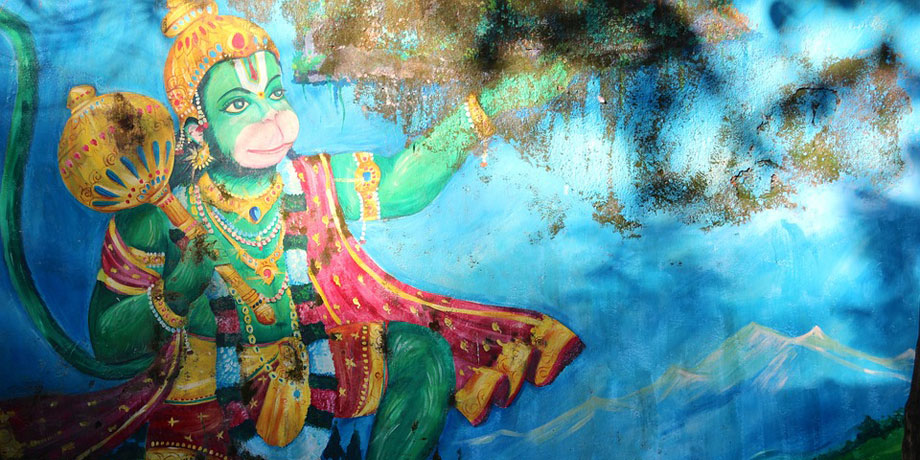
Hinduism is one of the oldest and most complex* religions in the world, and it has played a central role in shaping Indian spirituality. Hinduism has a rich history and a diverse set of beliefs and practices that have evolved over thousands of years. It is considered to be one of the oldest living religions in the world, with roots that can be traced back to ancient India.
One of the central beliefs in Hinduism is the concept of karma, which is the belief that every action has a consequence. Karma is the law of cause and effect, and it is believed that every action, whether good or bad, has a corresponding effect on the individual's future lives. This belief in karma is central to the idea of reincarnation, which is the belief that the soul is reborn in a new body after death.
Another important belief in Hinduism is the concept of dharma, which is the moral law that governs the universe. Dharma is the principle of right action and is considered to be the foundation of all moral and ethical behavior. It is believed that living in accordance with dharma leads to the attainment of enlightenment and liberation from the cycle of rebirth.
Hinduism also emphasizes the importance of devotion to the divine. This devotion is expressed through a wide range of practices, including prayer, meditation, and the performance of rituals. One of the most important forms of devotion in Hinduism is bhakti, which is the devotion to a personal deity. Bhakti yoga is the path of devotion and is considered to be one of the most accessible and direct paths to enlightenment.
Hinduism also has a rich tradition of yogic practices, which are designed to help individuals achieve spiritual growth and liberation. Yoga is a term that encompasses a wide range of practices, including physical postures, breath control, and meditation. The ultimate goal of yoga is to unite the individual self with the ultimate reality, which is known as the attainment of moksha or liberation.
Hinduism has also played a central role in shaping the art and architecture of India. The rich tradition of temple architecture, sculpture, and iconography in India reflects the central role that Hinduism has played in shaping Indian culture and spirituality. From the grand temples of South India to the intricate carvings of Khajuraho, the art and architecture of India is a reflection of the deep spiritual beliefs and practices that have shaped the country for thousands of years.
In conclusion, Hinduism has played a central role in shaping Indian spirituality. It is one of the oldest living religions in the world with a rich history and diverse set of beliefs and practices. The concepts of karma, dharma, devotion, and yoga are central to Hinduism, and they have shaped the spiritual beliefs and practices of millions of people in India. Hinduism has also played a central role in shaping the art and architecture of India and continues to be a major influence on the spiritual traditions of the country to this day.
*Hinduism is considered to be one of the most complex religions in the world because of its diverse set of beliefs and practices. The religion has evolved over thousands of years and has been influenced by a wide range of cultures and traditions. It has a rich history and an extensive body of texts, including the Vedas, Upanishads, and Puranas, which contain a wide range of ideas and beliefs. Additionally, Hinduism is not a single, unified religion, but rather a collection of related religious traditions, each with its own beliefs, practices, and deities. This diversity and complexity make it one of the most unique and intricate religions in the world.



Leave a Comment